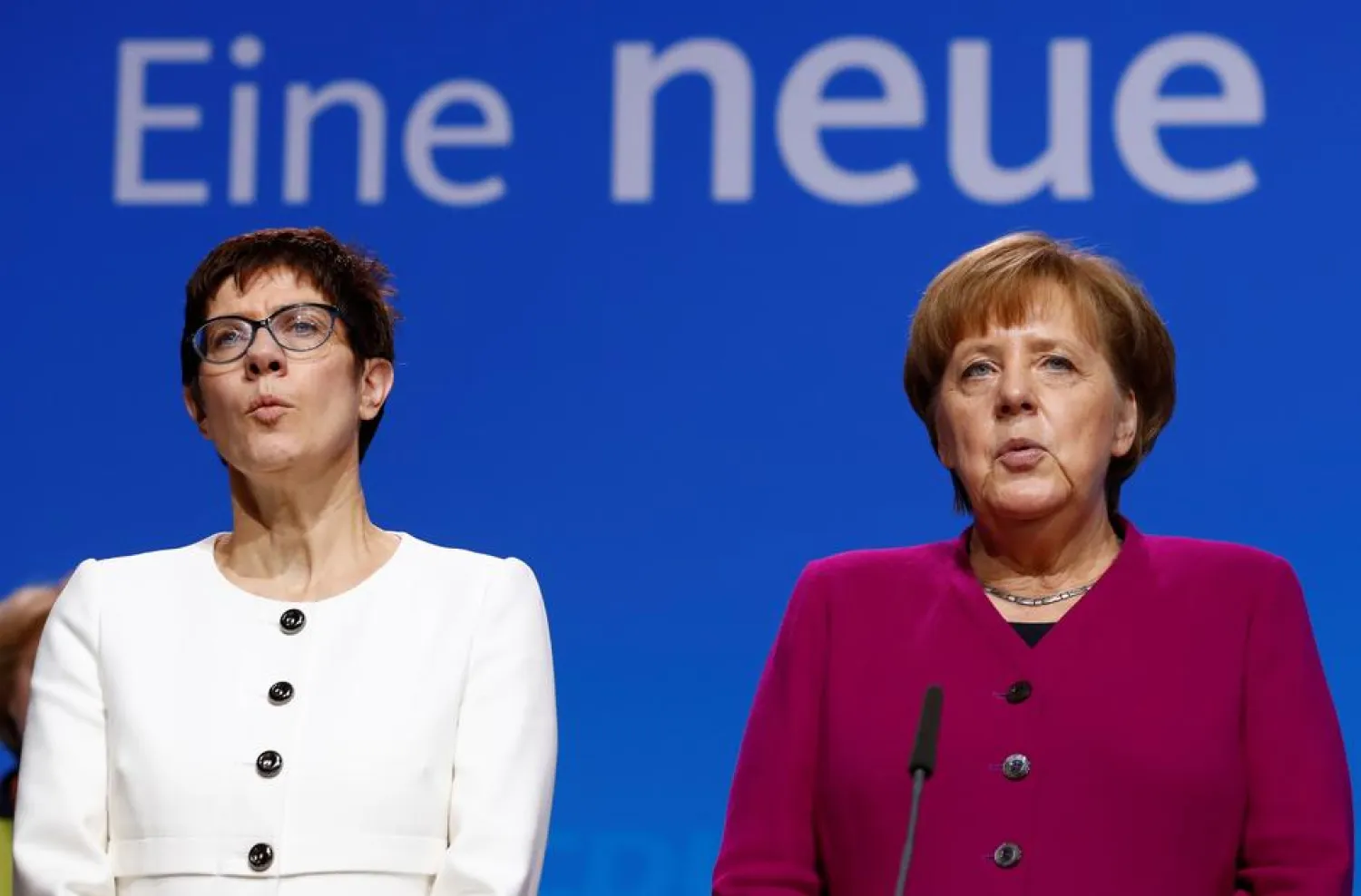The German government’s decision to stop the export of arms to Saudi Arabia has sparked a wave of criticism, and the controversy has reached the party of Chancellor Angela Merkel, the Christian Democratic Union.
In contrast to Merkel's position, Christian Democrat leader Annegret Kramp-Karrenbauer, who was elected in October to replace the party's leader, called for easing obstacles to arms exports to Saudi Arabia in line with European policy.
In remarks to the RND newspaper, Kramp-Karrenbauer warned against a complete ban on arms exports, saying such move “could lead to Germany’s exclusion from future work.”
It was “highly problematic” that Germany's strict export controls laws threatened a joint security program. “The result is that such projects will take place in the future without Germany,” she said.
The Social Democrats Party (SDP) in the ruling coalition announced on Monday it would extend a unilateral freeze in German arms exports to Saudi Arabia. Britain and France have urged Germany to exempt big defense projects from the freeze.
Internally, the government's decision was less controversial.
While Merkel, along with her ally in the ruling left-wing coalition government, has backed the ban, she has come under pressure from within her own party, as well as pressure from Germany's arms industry, which has suffered heavy losses from suspending deals with Saudi Arabia.
The German arms industry employs nearly 136,000 people with a combined value of more than 12 billion euros, according to a study by a German research institute.









